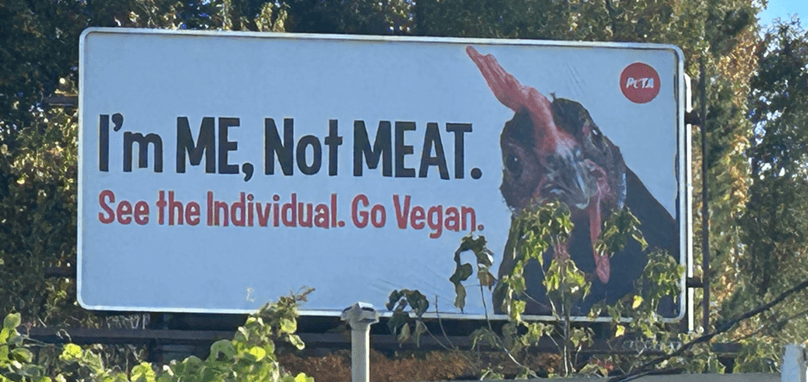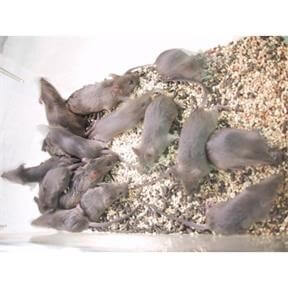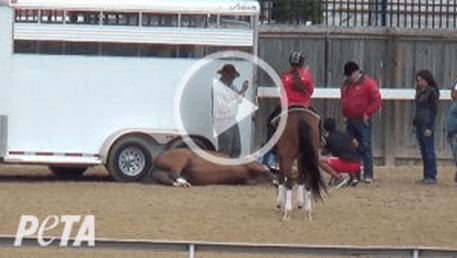To honor the hundreds of chickens who were injured or killed in three truck crashes that took place across Georgia over a five-day period, PETA has placed a sky-high memorial a half-mile from the site of the second crash, reminding everyone that the victims were thinking, feeling individuals. The crashes occurred on Athens Highway north of A.L. Mangum Road on September 22, on Atlanta Highway in Gainesville on September 25, and at the intersection of N. Duval and E. Main streets in Claxton on September 27.
“The victims of these crashes died in agony, while the terrified survivors lived just long enough to be trucked off to a slaughterhouse,” says PETA Executive Vice President Tracy Reiman. “PETA urges everyone to go vegan to stop this cruelty and get these deadly trucks off the streets.”
While the group planned a memorial for the victims of the September 22 crash, within days two more crashes occurred and the tribute was updated to include the chickens who suffered in all three crashes. PETA points out that such incidents are shockingly common—at least 51 animal-related accidents have occurred already this year.
Chickens killed for their flesh are crowded by the tens of thousands into filthy sheds and bred to grow such unnaturally large upper bodies that their legs often become crippled under the weight. Those used for egg production are confined to cramped barns, where each bird has no more than a square foot of space. At the slaughterhouse, their throats are cut, often while they’re still conscious, and many are scalded to death in defeathering tanks.
Each person who goes vegan spares nearly 200 animals every year daily suffering and terrifying deaths; reduces their own risk of suffering from cancer, heart disease, strokes, diabetes, and obesity; and dramatically shrinks their carbon footprint.
PETA’s memorial is located at 1791 Atlanta Hwy. in Gainesville.
PETA—whose motto reads, in part, that “animals are not ours to eat”—opposes speciesism, a human-supremacist worldview. For more information, please visit PETA.org, listen to The PETA Podcast, or follow the group on X (formerly Twitter), Facebook, or Instagram.
The post Multiple Truck Crashes Prompt PETA Memorial to Chickens appeared first on PETA.



